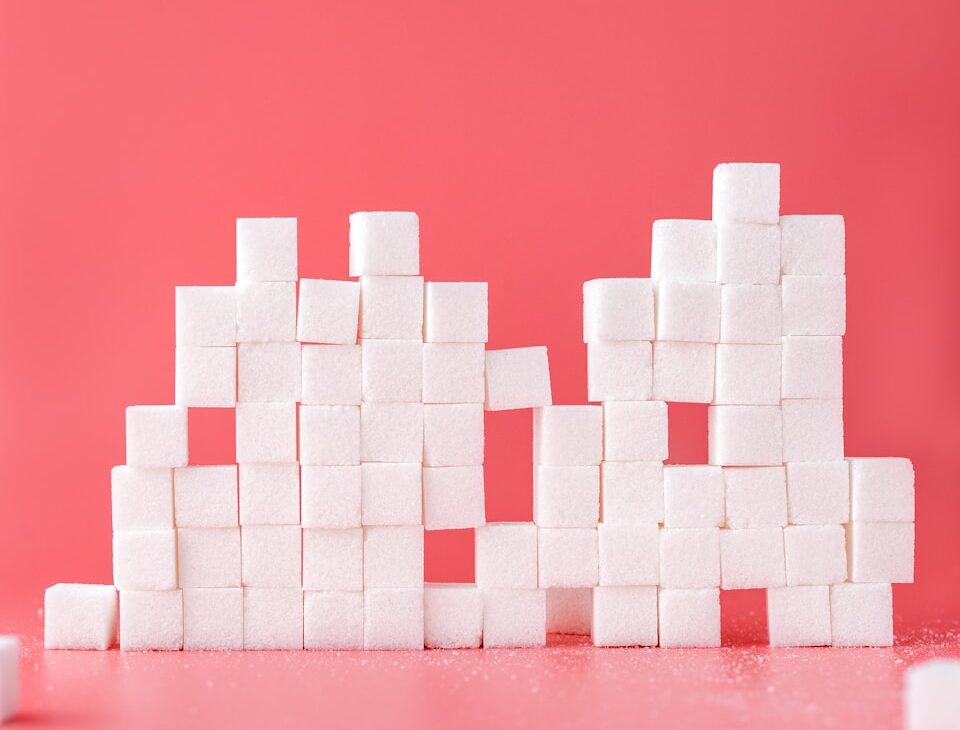Give me a cupcake and I’ll tell you how addicted our civilization has become to it. Sugar is now hidden in ketchup, baked goods, even “fitness” bars. And this omnipresent white crystalline pleasure sparks debates that rip apart even the strictest diets. But what happens when you cut out this white powder completely for 30 days? Get ready—the answer isn’t as sexy as Instagram headlines promise.
Introduction: Sugar Everywhere
Sugar isn’t just in dessert after lunch. It secretly lurks in convenience foods, low-fat yogurts, instant sauces, and “healthy” smoothies. According to statistics, the average Czech consumes about 34 kg of sugar per year, which is more than three one-kilogram bags each month. The problem? Our bodies evolved for rare moments of sweet reward, not a constant sugar tsunami.
First Days and the Shock to the Body
The decision to say “no sugar” sounds romantic, but the first 72 hours are a brutal reality show. A sharply dropping glycemic curve brings:
- Headaches and dizziness
- Mood swings worthy of a telenovela
- Relentless cravings that make you sniff a bakery from across the street
It’s not laziness or weak willpower; it’s chemistry. The brain, previously spoiled by quick hits of glucose and dopamine, sends out a signal: “Emergency!” The adrenal glands release cortisol, energy levels fluctuate, and the body tries to switch to alternative fuel—fat and glucose stored in the liver.
Detox? Reality Is Different
Influencers promise a “sugar detox” that turns you into an ethereal fairy in a week. The reality? The body metabolizes sugar and eliminates its remnants within a few hours. From a physical standpoint, there is no magical “detox.” What happens instead is metabolic adaptation:
- Insulin stabilization: After a week, glycemic fluctuations disappear, meaning fewer ravenous hungers.
- Sharper taste buds: A tomato tastes like a tomato, not a bland ball of water.
- Lipolysis activation: The body burns fat more efficiently because it no longer relies on quick glucose.
It’s not a detox in the literal sense, but rather a metabolic “reset”—less sexy than detox, yet scientifically measurable.
Emotions Without Sugar
You give up not just a sweetener but an emotional crutch. Sugar triggers a dopamine surge similar to the brief euphoria from a social-media like. After a week without sugar, you encounter:
- Anxiety and irritability: The brain searches for a dopamine shortcut.
- Mirror effect on those around you: Partner, kids, or colleagues are puzzled by your shifting mood.
- Moment of insight: You realize how often you “rewarded” yourself with sweets instead of addressing stress.
After two weeks, these odd emotions settle. Serotonin stabilizes at a more natural pace thanks to steadier blood sugar and better sleep quality. Yes, you sleep more deeply, because the absence of evening sugar doesn’t push insulin into overdrive.
What It Really Gave Me (and Took Away)
Pluses:
- Steady energy during the day—no “coffee at two, crash at four.”
- More sensitive palate—an apple tastes like dessert, not an obligation.
- Potential loss of 1–3 kg (depending on total caloric intake, not magic).
- Fewer inflammatory symptoms—some people lose acne, others bloating.
Minuses:
- Social isolation—celebrating a birthday with a carrot in hand tests assertiveness.
- More time in the kitchen—processed foods are passé; you read labels like thrillers.
- Possible overcompensation—risk of “drowning” in artificial sweeteners or overdoing fruit.
A psychological shift is also significant. You realize that sweets often replaced missing downtime, relaxation, or physical activity. This insight may be a bigger benefit than the pounds lost.
Conclusion: A Sweet Life Without Sugar?
A month without sugar isn’t a magic wand that turns you into a supermodel with a platinum metabolism. It is, however, an experiment that reveals how deep your sweet addiction runs and how quickly the body can adapt. If you expect a miraculous detox, you’ll be disappointed. But if you want to reset your taste buds, stabilize your energy, and learn something about yourself, it’s worth a try. And you may find that the truth without sugar may not be sexy, but it’s refreshingly honest.


